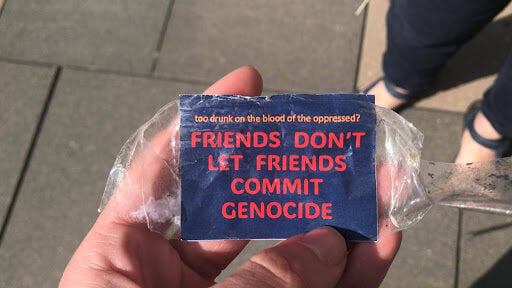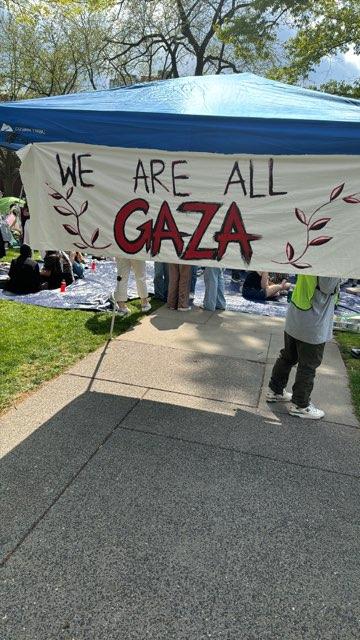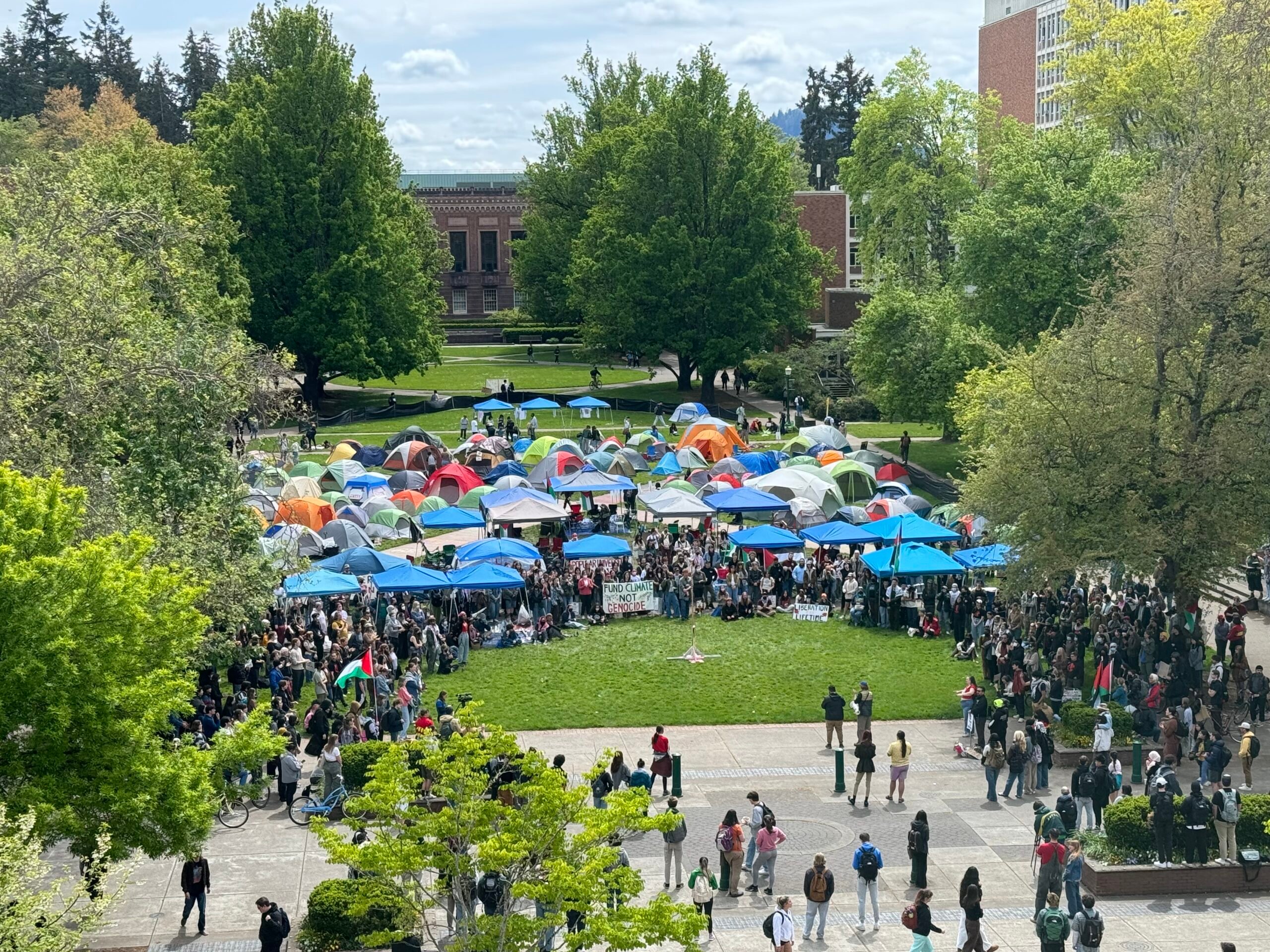It is a story that deserves to be told. In order to fully appreciate it, some background is necessary, especially for those unfamiliar with the natural disaster that struck the greater New York metropolitan area in 2012.
The disaster was known as Superstorm Sandy. She hit the eastern coast of the United States with unprecedented ferocity. Although there were warnings of her approach, the extent of personal injuries and property damage that she caused was absolutely unanticipated. The few preparations that were initiated were totally inadequate.
The human tragedies which the hurricane left in its wake were overwhelming. Thousands of homes were flooded, some even swept away by ocean tides and raging streams. Little children were swept away by the waters while innocently playing on the sidewalk in front of their homes. Synagogues were rendered useless, in some cases for months. Many were ruined beyond repair.
The story I will relate is of the heroic response to this disaster. I want to tell of the reaction of Jewish institutions and individuals to the horrific plight of others. I refer especially to the plight of non-Jews. Even the most prejudiced anti-Semite had to admit that this time, Jews did not discriminate between fellow Jews and others.
Busloads of synagogue members from distant cities drove, sometimes hundreds of miles, to be at the storm scene and to help in every way possible. Considerable funds were raised to help people who suddenly found themselves homeless, or whose businesses could not function. Torah scrolls, siddurim and even tallitot and tefillin were donated to synagogues affected by the flood.
Some damage and many disturbing memories remain. For me personally, though, one memory remains, and it is not at all disturbing. It is uplifting and encouraging. I do not exaggerate when I say that I remember it in my prayers every morning.
First, some further background.
As a result of the storm, fuel supplies into New York City and its surroundings were cut off. Highways were impassable; transporting fuel was hazardous. Most of the gas stations were disabled by the storm. Long lines formed with cars waiting to fill up their fuel tanks. More often than not, the long wait was futile.
For several days, my wife and I were without heat or electricity, and intermittently even without water. Our car had limited fuel, so we were reluctant to drive. We have children in Baltimore, where the situation was not as drastic, and calculated that the fuel we did have could take us at least halfway to Baltimore where it would be possible to refill. We hoped to continue to Baltimore and sit out the storm there. Sure enough, when we were about 50 miles outside of New York’s perimeter, we spotted an open gas station with just a very short line of cars, which we joined to wait our turn.
I glanced into my rearview mirror and saw the driver in the car behind me approaching us. He was dressed in soiled work clothes, and resembled what we pseudo-sophisticated New Yorkers call a “redneck.” I rolled down my window and asked if I could do anything for him. This is what he said:
“You look like a rabbi. Let me tell you what some of your people did for me and my people these past few days.” I must admit that I awaited his further remarks with trepidation.
He continued: “I live in Staten Island, near the oceanfront. I saw homes and cars washed away. I helped rescue two children who almost drowned. We spent that first night cold and wet and desperately trying to salvage whatever we could. When morning dawned, the last thing we could think of was breakfast, despite our hungry bellies. How surprised we were to see two large vans on the one little hill that remained dry. Those vans were driven by your people, several men with yarmulkes, and those fringes extending from under their shirts. They called out to us. They surprised us with supplies of bagels, hard-boiled eggs, juice and milk and lots of coffee. One van left after his food supplies were gone, and promised to be back in time for lunch. The four men in the other van were soon standing side-by-side with us helping to bail out our basements.”
He was eager to say more about the kindness he experienced. But it was our turn at the gas pump, and so he asked to leave me with one fact and one question. The fact: “You guys were there the next morning. It took a week before the Red Cross and the federal emergency authorities reached us.” And then the question: “How do you guys teach your people to do this kind of stuff?”
I hurriedly shouted: “It’s all in the Bible and Talmud. Have a safe trip and stay safe.”
When I referred to the Bible, I was thinking of this week’s Torah portion, Ki Tetzei (Deuteronomy 21:10-25:19): “If you see your brother’s ox or sheep gone astray, do not ignore it; you must take it back to your brother…You shall do the same with his donkey, you shall do the same with his garment; and so, too, shall you do with anything that your brother loses and you find: you must not remain indifferent…If you see your brother’s donkey or ox fallen on the road, do not ignore it; you must help him raise it.” (ibid. 22:1-4)
My newfound friend may or may not have known this Bible passage. Often, so-called “rednecks” know their Bible quite well, better than some supposedly highly educated people. Sadly, it is quite possible that he knew the Bible better than many Jews.
But he certainly did not know the passages in the Talmud to which I alluded. He could not have known that the chapter of the Babylonian Talmud, which most youngsters first study when they are introduced to Gemara learning, is the second chapter of Bava Metzia, which provides details about the mitzvah of returning lost objects. I have long thought that that chapter is chosen in order to undo the effects of the rhyme that youngsters learn early on: “Finders keepers, losers weepers!”
By the way, whereas the reference books I consulted offer no source for this ethically questionable children’s jingle, it is the title of a song recorded long ago by none other than Elvis Presley. Elvis Presley songs are notoriously hard to unlearn.
In that introductory Talmud chapter, young children learn that finders are not keepers. They learn that the mitzvah of returning lost objects extends even to helping people avoid loss of their property due to floods and similar natural disasters. The Talmud bases this obligation upon the phrase, “So, too, shall you do with anything that your brother loses.” (Bava Metzia 31a)
Maimonides (Laws of Theft and Lost Objects, Chapter 11) asserts: “He who returns a lost object in order to sanctify God’s name and in order to bring glory to the Jewish people, so that others become aware of our trustworthiness and learn that we are masters of integrity, is praiseworthy.”
Maimonides bases his remarks upon an inspiring and instructive anecdote in the Jerusalem Talmud (Bava Metzia 2:5). There, we learn that Rabbi Shimon ben Shetach’s students bought a donkey from an Ishmaelite for him. When R’ Shimon opened the pouch upon the donkey, he discovered a precious gemstone. R’ Shimon returned it to the Ishmaelite. He accomplished his wish to create a kiddush Hashem and enhanced the reputation of the Jewish people.
To continue my Superstorm Sandy story, we reached Baltimore safely and sat out the storm. After some research, I discovered the name and phone number of the charitable society that assisted that Staten Island community. I wanted to congratulate them for the Kiddush Hashem they had achieved.
I picked up the phone, and the receptionist asked me to whom I wished to speak. Somehow, I found myself saying, “I’d like to speak to R’ Shimon.”
“Shimon who?” she responded.
You, dear reader, now know which R’ Shimon I meant.
Rabbi Tzvi Hersh Weinreb is the Executive Vice President, Emeritus of the Orthodox Union.
By Rabbi Tzvi Hersh Weinreb












